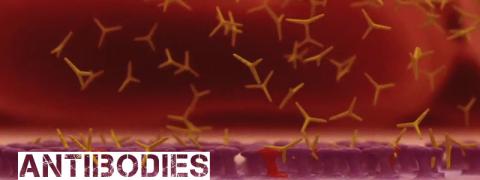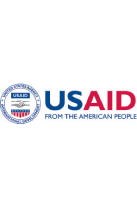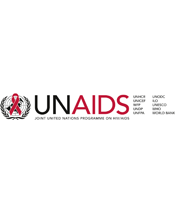
An antibody is a protein produced by the body's immune system when it detects harmful substances, called antigens. Examples of antigens include microorganisms (such as bacteria, fungi, parasites, and viruses) and chemicals. When the immune system detects an antigen, it responds by producing proteins called antibodies that destroy the harmful substances.
Y-shaped antibodies are best at neutralizing viruses--i.e., blocking their entry into cells and preventing infection--when both arms of the Y are able to reach out and bind to their target proteins at more or less the same time. In the case of HIV, antibodies that can block infection target the proteins that stud the surface of the virus, which stick out like spikes from the viral membrane.
http://www.nlm.nih.gov/medlineplus/ency/article/002223.htm
http://www.sciencedaily.com/releases/2009/04/090422151832.htm










